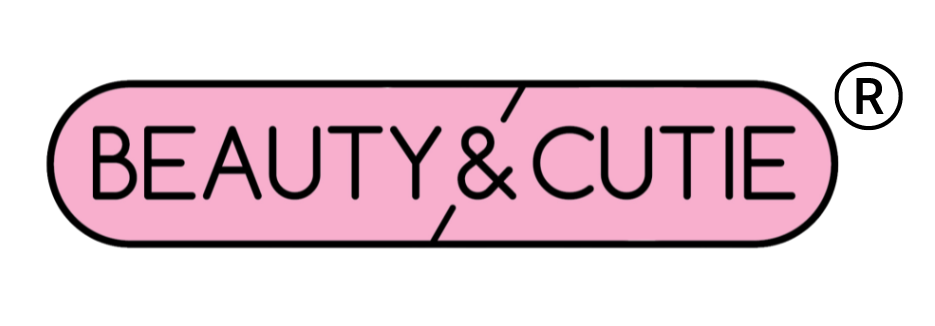Vitamin B1 for Hair, Skin and Nails
What is Vitamin B1?
Vitamin B1, otherwise known as Thiamine, was the first B vitamin to be discovered. It plays a central role in energy transport between cells. This helps all cellular functions including growth and development. Thiamine is present in many foods and regular consumption is required for body functions to run smoothly. It is not made in the body, it must be ingested in daily foods or through a regular supplement.
People who have nutritional deficiencies or low absorption may need a daily supplement to get their minimum amount of required Thiamine. It has a short half-life meaning it is used up in the body quickly. Vitamin B1 is also an antioxidant. It works as a free radical scavenger to protect our bodies from oxidative stress. Continuous supplies are necessary for healthy hair, skin and nails.

Biotin is an essential vitamin for the growth of hair and nail It has also shown a protective role for healthy skin repair.
Why is Vitamin B1 in my product?
Vitamin B1 is required in regular amounts to keep cells functioning normally and to keep a deficiency from occurring. A Thiamine deficiency results in hair loss, confusion, mental status changes, fatigue, anorexia and possible permanent neurological harm. Many refined foods have the outer layers removed during processing, which also removes the largest stores of Thiamine. White rice and white flour are two examples. Brown rice and whole wheat flour have significantly more Thiamine than their refined counterparts. Eating a limited diet, alcoholism, or gut absorption issues could result in a Thiamine deficiency.
One of the biggest roles for Vitamin B1 is energy transport between cells. There has been growing evidence that Thiamine is lost via the kidneys in diabetic patients. 1 This decrease in available Thiamine can contribute to blood vessel damage in diabetic patients. As we age red blood cell flow, energy and nerve conduction can decrease. Regular supplementation with Vitamin B1 ensures adequate supply for blood vessels in hair, skin and nails for maximum growth and vibrancy.
What is the Role of Vitamin B1 for Hair?
Vitamin B1 is a multi-function vitamin. It is essential for all cellular functions, prevents permanent neurological effects and works as an antioxidant. In addition there is evidence in lab studies that it may serve as a protectant effect on keratin building cells in the scalp. UV radiation is harmful to the scalp in different ways. It produces free radicals which damage healthy cells, and there is evidence it also can affect cells that produce keratin on the scalp.
A clinical trial in 2018 showed that the cellular building block for keratin were decreased in a Thiamine deficient environment. When Thiamine was added back and exposed to radiation, the group receiving Vitamin B1 had less hair loss. This led researchers to propose that a Vitamin B1containing supplement may have protective effects on the dermal layer of the scalp against UV radiation.
What is the Role of Vitamin B1 for Skin?
Healthy skin is dependent on many factors, age, diet, sun exposure and good nutrition. The skin is the largest organ. Any vitamin deficiency is almost always reflected in some level of skin damage or skin changes. Vitamin B1 is an antioxidant and is an important internal tool to fight damage from pollutants and sun exposure. In addition to its antioxidant properties, Vitamin B1 has been found to assist in the production of collagen through its role in energy transport. An animal study showed that during surgical recovery with a known Thiamine deficiency, not enough cellular energy was generated to complete adequate wound healing.3. Thiamine is the fuel for our metabolic processes to support healthy skin for both prevention and protection.
What is the Role of Vitamin B1 for Nails?
Vitamin B1 plays an important supporting role in skin integrity, antioxidant prevention and in red blood cell oxygen transport. Each of these are required for healthy and strong nails. The nails are an area of high UV exposure and of metabolic energy. Without the ability to generate new cells and a healthy nail bed, fingernails can become brittle, weak and broken. Daily Vitamin B1 intake is essential for healthy, strong and smooth nails.
Although a Vitamin B1 deficiency is relatively rare in Western populations, it is more prevalent than some other vitamin deficiencies. Limited diets, refined foods and alcohol use are all risk factors. What may be more common is living with low levels of Vitamin B1, but receiving minimum amounts to avoid a full deficiency. Low intake can be remedied by ensuring a daily supplement that has Vitamin B1 available. Regular Thiamine intake is required for many body functions and to avoid possibly permanent damage. Healthy hair, skin and nails are all dependent on Vitamin B1 for growing new cells, retaining dermal layer health and preventing antioxidant damage.
